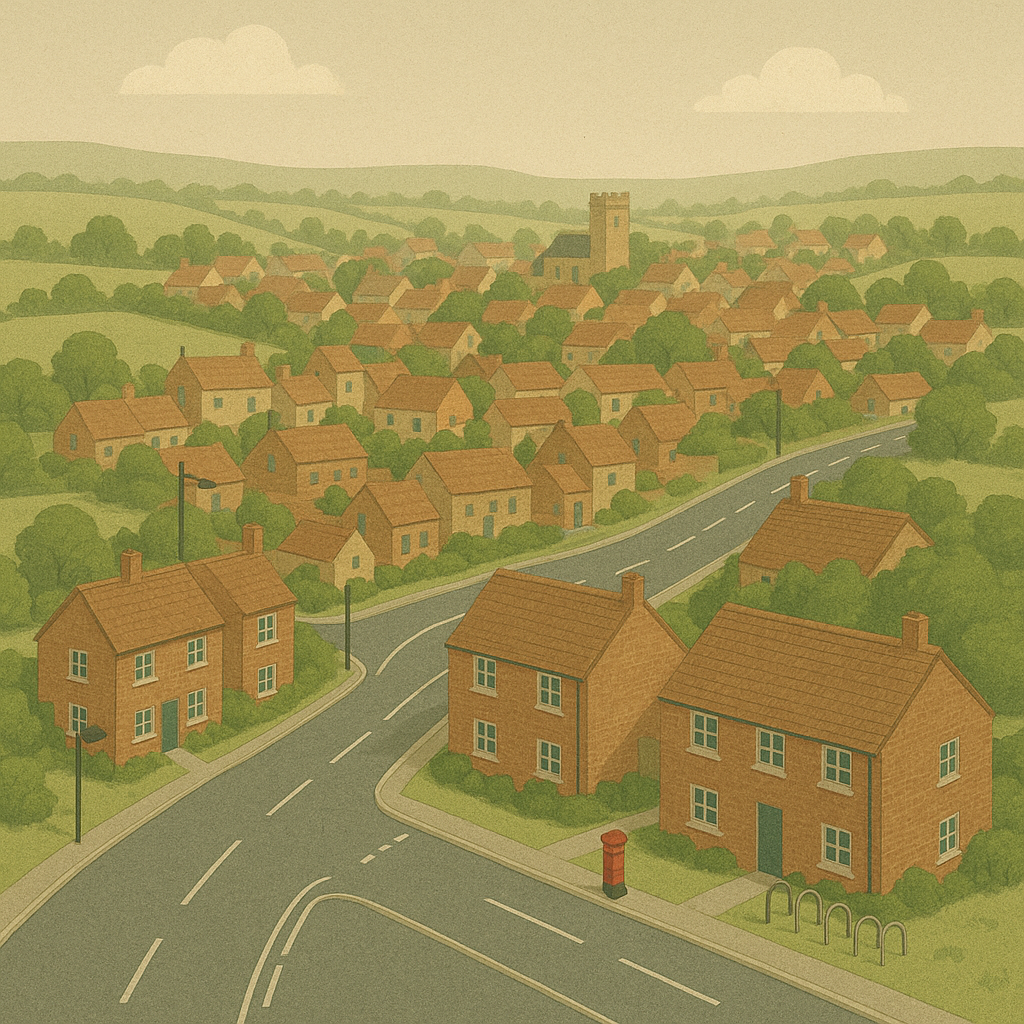CCRI’s Dr Phil Staddon’s PhD student Maede Faghihinia is researching the impact of grazing intensity on belowground ecosystem functioning and carbon cycling in North China steppe. Grasslands store vast amount of carbon and are facing increasing pressures including overgrazing. Any change to the amount of carbon stored in grassland will have significant feedbacks to climate change. The project involves collaborators at Xi’an Jiaotong-Liverpool University (Suzhou, PRC), the University of Liverpool, and the Institute of Botany of the Chinese Academy of Sciences (Beijing).
Dr Staddon said “It is great to see the first published output from this project. The importance of grazing intensity, rather than grazing per se, in determining belowground impacts has been overlooked until recently. A better understanding of how stocking density impacts belowground ecosystem functioning will greatly assist in informing land management strategies with an aim of maintaining sustainable soils and maximising soil carbon sequestration.”
The paper is freely available at the following link until 19th January 2020: https://authors.elsevier.com/c/1a9EI8jaVhFPef
The full reference for the paper is:
Maede Faghihinia, Yi Zou, Zheng Chen, Yongfei Bai, Wenhuai Li, Rob Marrs, Philip L. Staddon (2020) The response of grassland mycorrhizal fungal abundance to a range of longterm grazing intensities. Rhizosphere 13: 100178 https://doi.org/10.1016/j.rhisph.2019.100178.




